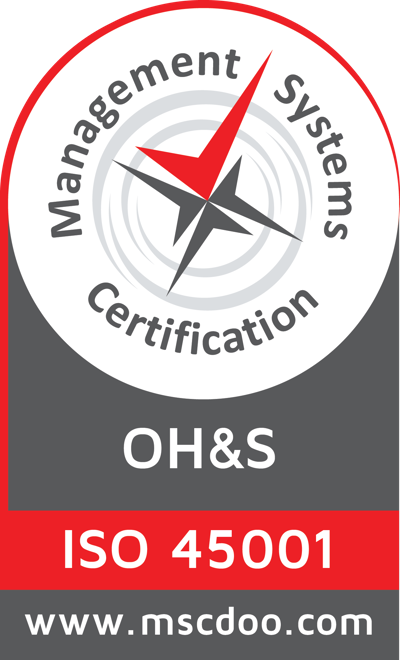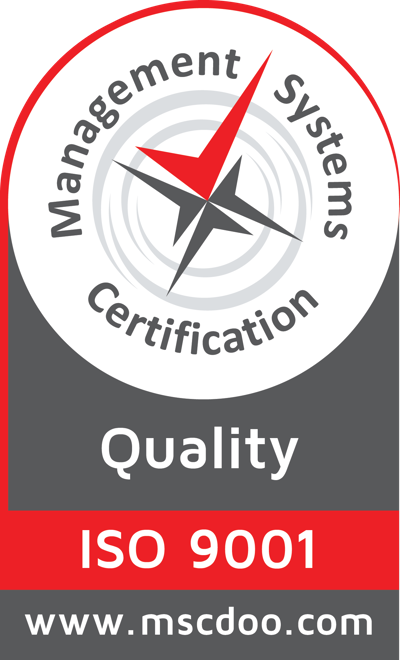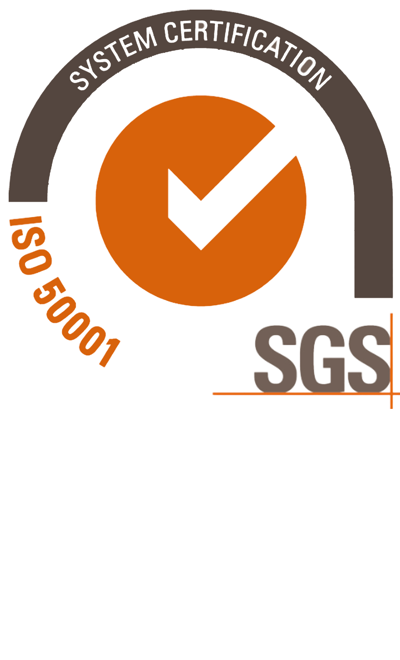The minutes of the Steering Committee of Zagreb were approved.
The Secretary General indicated the strong interest of the members regarding the development of a good communicating policy/strategy of ASECAP Secretariat. Also, important information was provided to the members concerning the changes in the EU Institutions, with a special reference to the changes within the European Commission, where two new Directorates General (DGMOVE for transport and DGENERG for energy) replaced the previous very important DGTREN covering both sectors in the past.
The newly formed DGMOVE is a restricted DG, where the ITS domain is moved to the DGENTERPRISE, while the remaining ITS part is transferred to the DGMOVE/TENs directorate.
Major part of Transport policy will be shared by other DGs (Eurovignette issue will be co-examined by both DGENV and DG Climate Change). State aid issues related to the transport sector will be managed by specific DGs on competition.
The members had the opportunity to be informed on the developments within the 3 COPERs sectors.
The Steering Committee took note of the developments in the COPER I where the main priorities appear in the domains of Eurovignette, EETS and ppp/concessions. The file of Eurovignette will be also co-examined by the Environment DGs (Environment, Climate Change). The members were asked to closely follow the EETS sector domain and strengthen their relations with their national administrations in order to be actively involved in the EETS building in their states. Concerning the ppp/concessions domain the E. Commission is examining scenaria to take action and scrutinize the basic priorities in the work concessions and service concessions, whereas ASECAP and its members should be ready to reflect accordingly inside the various fora and in the PPP Group that the E. Commission will most probably establish.
In the COPER II domain it was underlined that the EU is ready to push to a more active road safety framework and that ASECAP and its members have been the basic contributors in the main EU road safety panels and fora. In addition, COPER II has prepared, with the strong support of the KTS and the ASECAP Secretariat, the 2d Annual ASECAP Road safety event, and the members were informed on the details of the event (priorities, task force’s, main actors) and expressed the certainty of the success of the conference that would be held on March 1, 2010.
In conclusion, the need for coordinated ASECAP actions on the sustainability issue and the environmental priorities which are soon to appear around the globe was also outlined.
Within the COPER III domain, a document on the different ITS developments and the active role of ASECAP and its members therein was presented. Its focus was on the roles related to IIWG (Intelligent Infrastructure Working Group, Easyway, e-safety, e-call, ITS implementation plan by the E. Commission and the ELSA action plan).
COMEX board has examined issues related to the ASECAP evolution in the new EU institutions taking into account the EU Transport developments. COMEX has underlined that (although there is a difference in the EU world between tolling and charging/taxation), all ASECAP members work hard to provide an excellent road service to the end user, asking from him to pay the proper fees.
SC also indicated that, in order to continue offering a realistic and efficient service on their roads in the long run, the states must recognize that a mechanism is required to manage properly, to charge and reinvest the received revenues in the same areas. If no serious actions to these developments are undertaken, it is most likely that, in a few years period, the EU states will see a continuously degraded road network where the road users will be obliged to pay for receiving zero service. The Secretary General noted that such a “policy” cannot be sustainable, neither economically nor politically and - sooner or later - the states will recognize that there will be an urgent need to search for efficient professional management for their roads.
Reflecting on comments related to the “greener transport policies”, the Steering Committee noted that ASECAP should always support opinions that a good road and a proper road management / tolling are tools for socio-economic growth and an environmental respect.
The budget execution was adopted with the remark to maintain as a debt the received ’avance’ of 300.000 € by the E. Commission and declare an asset to receive equal to the cost for the years 2008 and 2009. The Steering Committee confirmed that the EU subsidy will be a recorder as a definitive profit put together with the related final cost statements in 2010 financial statements, when the project will be fully approved by the European commission.
The agenda of the ASECAP General Assembly in Oslo was adopted.
The details of the program of 2010 ASECAP Study Days in Oslo were presented.
2011 ASECAP Study Days will take place from May 29 - 31, 2011 in Belgium.
The members have received general information on the tolling developments in the national network in Slovakia, and this member will be invited to present the developments in the next 2010/2 Steering Committee session in Oslo.






